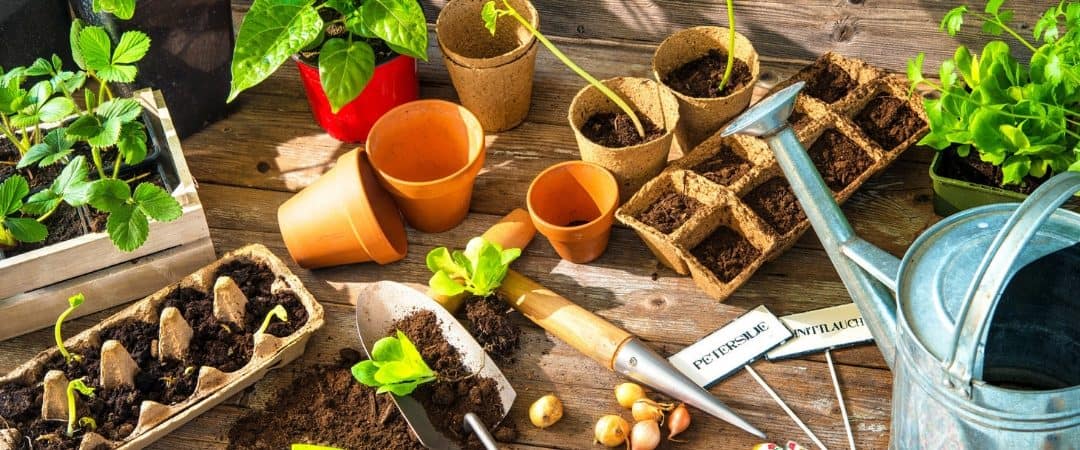Companion planting is a historic approach to garden design that has been used for thousands of years in some countries, yet it’s a new way to plant vegetables and flowers for some. This style of planting produces healthier, more productive vegetables with fewer bug issues. Plus, it saves space and looks fantastic.
How to Design Your Garden in 2019
Designing your garden by mixing complementary plants mimics nature, which has different species with different ecological functions. You don’t find a patch of only one plant species anywhere in nature
Companion planting creates plant communities where plants support each other with resources and nutrients — if you plant the right ones together. Plants can bully others and hog nutrients, light, and space. Some even put out toxins that stunt the growth of other plants or kill them.
Paired correctly, companion planting has many benefits including:
- Attracting pollinators and beneficial insects
- Repelling insects and critters that damage plants
- Suppressing weeds and preventing diseases
- Retaining moisture and preventing erosion
- Creating natural supports for vining plants
- Providing shade for plants that prefer less sun
As mentioned above, a garden design with companion plants and flowers also gives you more options if you don’t have a big piece of land for a traditional rectangle-plot garden. You can literally garden anywhere.
Garden Design Help and Tips
Before you prepare soil for spring planting, research plants that impact acidity and affect the pH balance which may change how you choose to amend the soil and help you decide where to plant certain vegetables and flowers. You may also learn why it seems like some plants and flowers always have pesky bugs — because their role in nature really is to attract those bugs, keeping them off edibles.
Both the Old Farmer’s Almanac and Burpee offer guides for garden design with companion planting, listing species that thrive together as well as those that will thwart growth. You may be surprised to discover that even some related plants like cabbage and cauliflower do not like to be neighbors.
Get Garden Design Help in Raleigh, NC
If you need help optimizing your space, testing, and amending soil, or removing plants that you don’t like, Redwood Land Design of Raleigh, NC, can help. We can remove a tree that blocks the sun, identify invasive species and help you design your garden whether you opt for companion planting or not. Give us a call and we’ll help you have the best landscape and garden ever.

